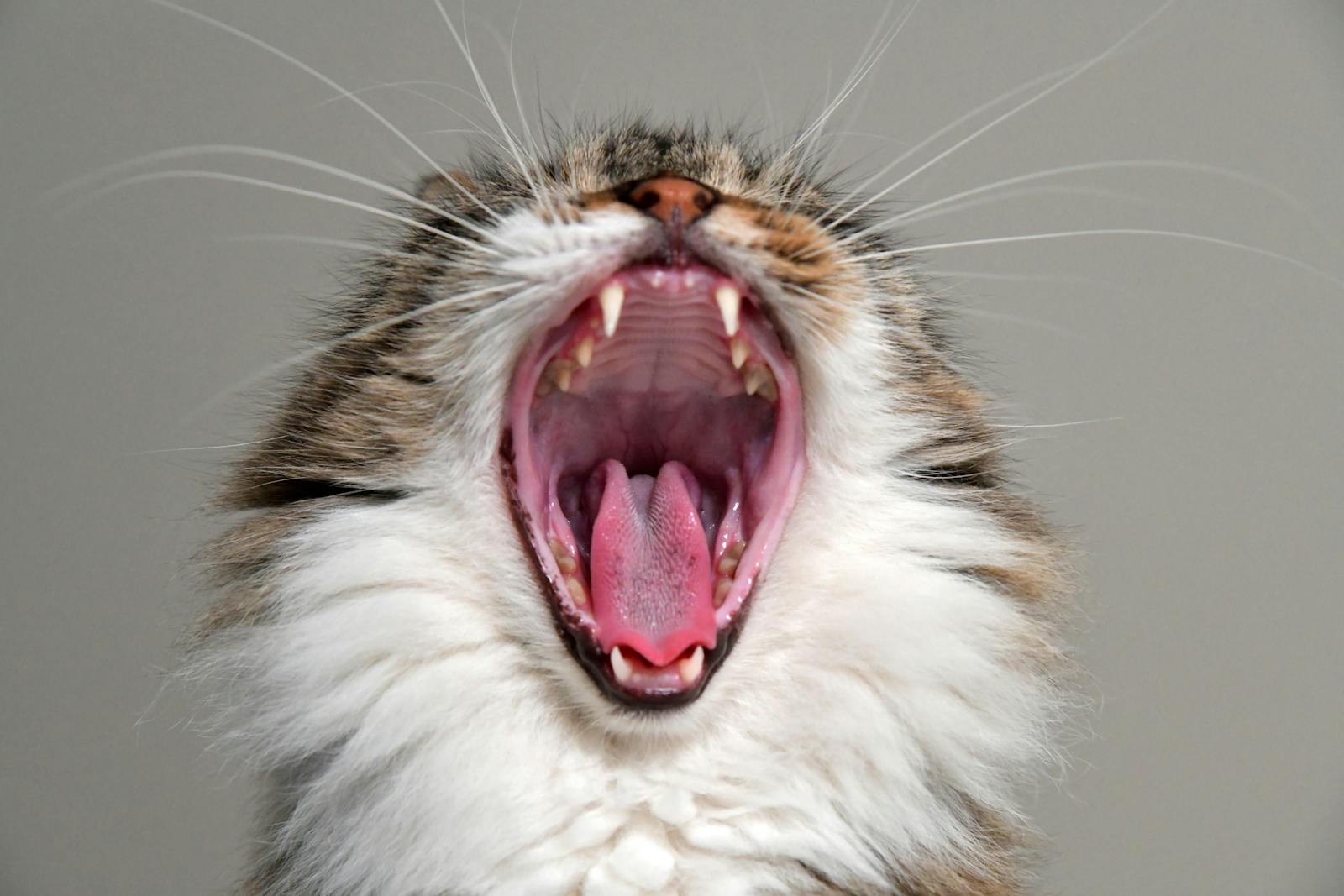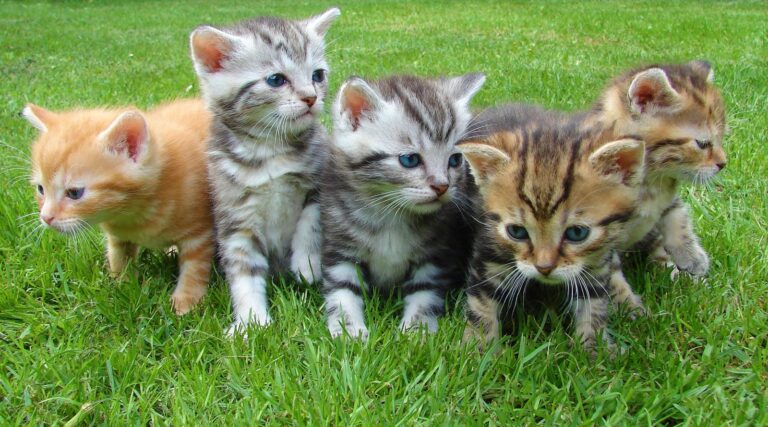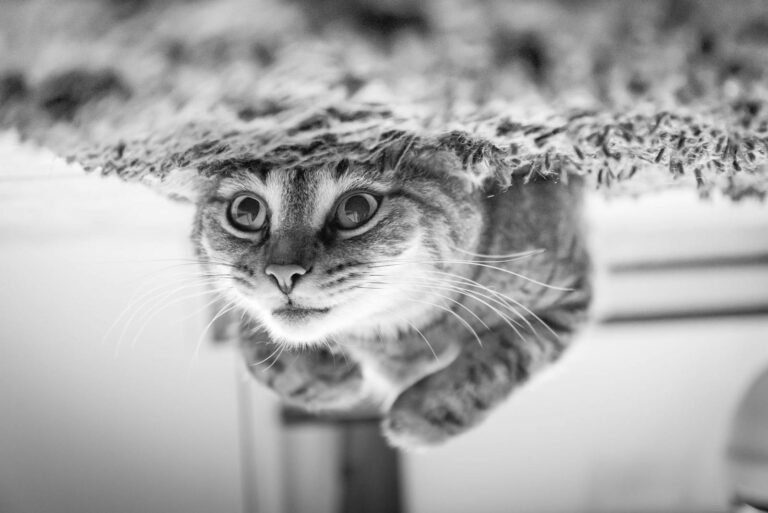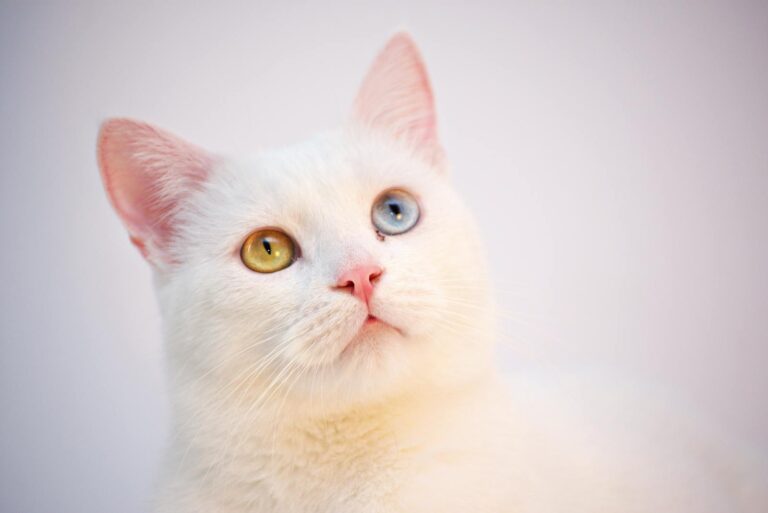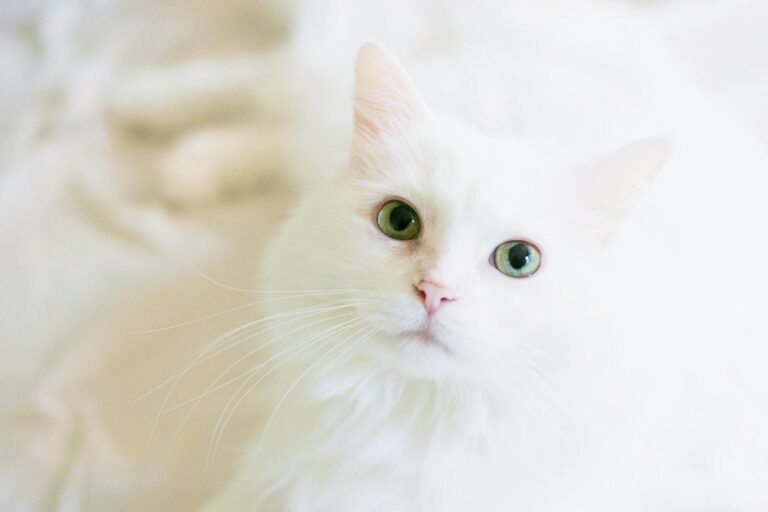Discovering the Best Natural Remedies for Common Cat Ailments
Cats are beloved companions, and just like humans, they can experience a variety of ailments. While conventional medications are available, many pet owners seek Natural Remedies for Common Cat Ailments to promote healing in a gentle and effective manner. This article delves into natural strategies that can help soothe your feline friend’s common health issues while enhancing their overall well-being.
Introduction: The Power of Natural Cat Care
The shift toward natural remedies in veterinary care has gained momentum as more cat owners look for holistic approaches to meet their pets’ health needs. Nature offers an array of beneficial resources, from herbs and essential oils to homemade diets and supplements that might alleviate various ailments without the side effects often associated with pharmaceutical drugs.
In this exploration, we will cover several core areas regarding Natural Remedies for Common Cat Ailments, including immune system support, skin condition treatments, digestive health, pain management, and the safe application of natural remedies. Understanding these natural solutions not only empowers you as a pet owner but also fosters a deeper bond with your furry friend by considering their health holistically.
Boosting Your Cat’s Immune System Naturally
A robust immune system is essential for your cat’s overall health. When a cat is healthy, it’s better able to fend off infections and diseases. Here, we’ll discuss various natural ways to boost your cat’s immune system effectively.
Nutrition as the Foundation
Nutrition plays a critical role in strengthening your cat’s immune system. Providing a well-balanced diet rich in high-quality proteins, essential fatty acids, vitamins, and minerals is fundamental.
High-Quality Proteins
Cats are obligate carnivores, which means their bodies are designed to thrive on animal-based foods. Lean meats like chicken, turkey, and fish should be staples in their diet.
Consider adding organ meats, such as liver and heart, which offer numerous nutrients that boost immunity.
Essential Fatty Acids
Omega-3 and Omega-6 fatty acids contribute significantly to immune function. These essential fats can be found in fish oil or flaxseed oil. They help reduce inflammation and can improve skin health, which plays a role in overall immunity.
You can incorporate these into your cat’s diet through specially formulated supplements or by adding small amounts of fish oil to their food.
Herbal Supplements That Support Immunity
Many herbs possess properties that can enhance immune function. However, it’s important to ensure that any herbs you use are safe for feline consumption.
Echinacea
Echinacea is widely known for its ability to bolster the immune system. It can help increase white blood cell production and improve the body’s response to infections.
To utilize echinacea safely, consult your veterinarian for guidelines on dosage and administration, as the effectiveness can vary based on the form used (liquid, powder, capsules).
Astragalus
This herb has been used in traditional Chinese medicine for centuries due to its immunomodulatory effects. Astragalus helps stimulate the production of immune cells and may provide additional benefits such as liver protection.
Again, always confer with a vet before using astragalus to find the best approach for your feline friend.
Lifestyle Changes that Foster Immunity
Aside from diet and herbal supplements, lifestyle changes can significantly impact your cat’s immune health.
Stress Reduction
Chronic stress can weaken the immune system. Create a serene environment by minimizing loud noises, providing hiding spots, and maintaining a consistent routine.
Interactive play sessions and regular mental stimulation through toys can also greatly reduce anxiety and improve your cat’s quality of life.
Regular Veterinary Check-ups
Routine veterinary appointments are vital for maintaining your cat’s health. By keeping vaccinations up to date and addressing minor concerns early, you can prevent larger health problems from arising.
By focusing on nutrition, herbal supplements, and lifestyle changes, you can create a solid foundation for boosting your cat’s immune system naturally.
Natural Remedies for Feline Skin Issues
Skin problems can be distressing for both cats and their owners. From allergies to infections, finding effective natural remedies can significantly improve your cat’s comfort.
Identifying Common Skin Issues
Before addressing skin problems, it’s crucial to identify the specific issue affecting your cat. Symptoms may include itching, redness, bald patches, or excessive grooming.
Understanding the root cause will guide you in selecting appropriate natural remedies.
Allergies
Allergic reactions can result in inflamed, itchy skin. Common culprits include pollen, dust mites, food, or flea bites.
Infections
Bacterial or fungal infections can lead to skin lesions and discomfort. Look for signs such as odor, discharge, or crusty patches on the skin.
Natural Treatments for Skin Irritations
Once you’ve identified potential skin issues, various natural remedies can offer relief and promote healing.
Coconut Oil
Coconut oil is known for its antimicrobial properties and can help soothe irritated skin. Applying a small amount directly to affected areas can moisturize the skin while fighting off bacteria and fungi.
Make sure to monitor your cat after application, as some may ingest it while grooming.
Oatmeal Baths
An oatmeal bath can provide instant relief for itchy skin. Ground oats mixed with warm water form a soothing paste that alleviates irritation.
To prepare, grind plain, unflavored oatmeal until it’s a fine powder. Mix it with lukewarm water and allow your cat to soak for approximately 10-15 minutes.
Topical Remedies for Soothing Skin
Topical applications can further enhance skin health.
Aloe Vera Gel
Aloe vera’s soothing properties can relieve sunburn or minor abrasions. Ensure you use pure aloe vera gel, free from additives, as some can be toxic to cats.
Apply a thin layer to the affected area, but avoid letting your cat lick it off excessively.
Calendula
Calendula ointments can aid in healing minor wounds and reducing inflammation. This herb has antifungal and antibacterial properties that make it effective for various skin conditions.
Preventative Measures for Healthy Skin
Maintaining healthy skin goes beyond treating current issues; prevention is key.
Proper Grooming
Regular brushing helps remove loose fur and dander, reducing the likelihood of skin irritations. Moreover, it allows for easier identification of any emerging skin issues.
Nutritional Support
Incorporate skin-friendly nutrients into your cat’s diet, such as omega fatty acids and antioxidants. Foods rich in these elements promote healthy skin and coat.
By identifying common skin issues and employing natural remedies, you can significantly enhance your cat’s skin health and overall comfort.
Addressing Digestive Problems in Cats with Natural Approaches
Digestive issues can be uncomfortable for your cat and distressing for pet owners. Fortunately, there are natural remedies available to address common gastrointestinal problems.
Recognizing Signs of Digestive Distress
To effectively treat digestive problems, first observe the signs indicating your cat’s digestive health. Symptoms may include vomiting, diarrhea, constipation, or decreased appetite.
Identifying specific symptoms assists in tailoring a natural remedy approach.
Vomiting
Frequent vomiting can indicate underlying problems such as hairballs, dietary intolerances, or infections.
Diarrhea
Diarrhea can quickly lead to dehydration, so it’s crucial to monitor your cat closely in such instances.
Natural Remedies for Digestive Upsets
Several natural remedies can help soothe your cat’s digestive system.
Pumpkin Puree
Pumpkin is an excellent natural remedy for both constipation and diarrhea. Its high fiber content adds bulk to stool, aiding in regulation.
You can offer plain canned pumpkin (not the spiced pie filling) mixed in with your cat’s food. Start with a small amount to see how your cat reacts.
Slippery Elm Bark
Slippery elm is known for its soothing properties and can help relieve gastrointestinal distress. It coats the digestive tract and reduces inflammation.
Prepare a tea by steeping slippery elm bark powder in hot water, let it cool, and mix it into your cat’s food. Always consult a vet for proper dosing before trying herbal remedies.
Homemade Diets for Digestive Health
Creating homemade meals tailored for your cat can be a beneficial way to manage digestive problems.
Balanced Recipes
Consult with a veterinarian or pet nutritionist to develop recipes that include lean proteins, minimal grains, and healthy fats, ensuring that your homemade diet meets all nutritional needs.
Batch Cooking
Preparing meals in batches and freezing them can save time while providing fresh, digestible nutrients for your cat. Cooked meat combined with vegetable purees can create satisfying meals that are easy on the stomach.
Probiotics for Gut Health
Probiotics are beneficial bacteria that can aid digestion and restore gut health. You can find probiotic supplements specifically formulated for cats.
When introducing probiotics, begin with a lower dose and gradually increase it to observe how your cat responds.
By recognizing signs of digestive distress and providing natural remedies, you can help your cat regain digestive balance and comfort.
Natural Pain Management for Cats: A Holistic View
Pain management is crucial for cats suffering from various ailments, whether due to injury, arthritis, or other chronic conditions. Natural remedies can provide effective solutions to alleviate pain without the side effects of stronger pharmaceuticals.
Understanding Pain in Cats
Cats are experts at hiding pain, often making it challenging for owners to recognize when their feline friend is suffering. Look for subtle changes in behavior, such as reduced activity, hiding, loss of appetite, or changes in grooming habits.
Types of Pain
Acute pain is typically the result of injury or surgery, whereas chronic pain may stem from conditions like arthritis or dental disease. Understanding the type of pain your cat is experiencing helps tailor the appropriate natural remedy.
Natural Pain Relievers for Cats
Several natural remedies can be effective in managing pain in cats.
Turmeric
Turmeric contains curcumin, a compound known for its anti-inflammatory and analgesic properties. You can add turmeric powder to your cat’s diet in small amounts.
Mix it with coconut oil to create a paste and administer it cautiously, as cats may need time to adjust to new flavors.
Ginger
Ginger has anti-inflammatory properties and can help alleviate pain. You can offer ginger in small doses in treats or food.
Always introduce new ingredients gradually, and monitor your cat for any adverse effects.
Homeopathic Solutions for Pain Relief
Homeopathy considers the whole animal and aims to treat underlying causes of pain. Consult with a qualified homeopath to determine suitable remedies based on your cat’s unique needs.
Arnica Montana
Arnica is often used for bruising and muscle pain. It can be applied topically to the affected area in cream or gel form, but ensure the product is safe for cats and monitor for any irritation.
Physical Therapies for Pain Management
In addition to natural remedies, physical therapies can complement pain management strategies.
Massage Therapy
Gentle massage can help relax tense muscles and improve circulation. Learning basic techniques for feline massage can benefit your cat immensely.
Environmental Modifications for Comfort
Consider modifying your home environment to ease pain. Provide soft bedding, ramps for easy access to furniture, and keep litter boxes easily accessible to accommodate mobility challenges.
By exploring natural pain management solutions, you can prioritize your cat’s comfort and quality of life while enhancing their overall well-being.
Safe and Effective Application of Natural Remedies for Cats
While natural remedies can provide immense benefits for your cat’s health, it’s vital to apply them safely and effectively. Not all natural substances are suitable for every cat, and improper use can lead to adverse effects.
Consulting with Professionals
Before implementing any natural remedies, always consult with your veterinarian. They can guide you on appropriate dosages, methods of administration, and potential interactions with existing medications.
Personalized Recommendations
Each cat is unique, and what works for one may not work for another. Professional veterinary guidance ensures you select remedies aligned with your cat’s individual health profile.
Researching Natural Ingredients
Educate yourself about different natural ingredients and their safety for cats. Many common household plants can be toxic to pets, so it’s essential to verify any new additions to their diet or environment.
Ingredient Lists
Carefully read labels on any commercial products. Even natural remedies can contain harmful preservatives or additives that may affect your cat’s health.
Monitoring Your Cat’s Reactions
After administering any natural remedy, observe your cat closely for any signs of adverse reactions. Look for changes in behavior, appetite, or energy levels.
Gradual Introduction
Introduce natural remedies gradually, beginning with small doses to assess tolerance. This approach minimizes the risk of overwhelming your cat’s system.
Creating a Routine
Establishing a routine that incorporates natural remedies can help ensure consistency and effectiveness. Whether it’s daily supplements, regular massages, or scheduled grooming, creating a regimen helps maintain your cat’s health over time.
By prioritizing safety and professional guidance, you can confidently implement natural remedies for your cat’s health and well-being.
Conclusion
In conclusion, embracing Natural Remedies for Common Cat Ailments provides a holistic approach to feline health, allowing you to enhance your cat’s quality of life while addressing specific health needs. From boosting the immune system and resolving skin issues to managing digestive problems and alleviating pain, natural remedies can offer significant benefits when applied safely and effectively. By consulting professionals, monitoring responses, and integrating natural solutions into your cat’s routine, you can foster a deeper bond with your feline companion while ensuring their long-term health and happiness.

